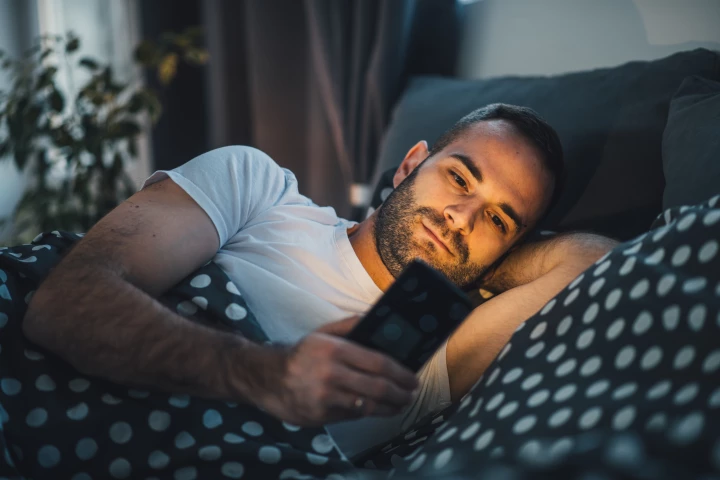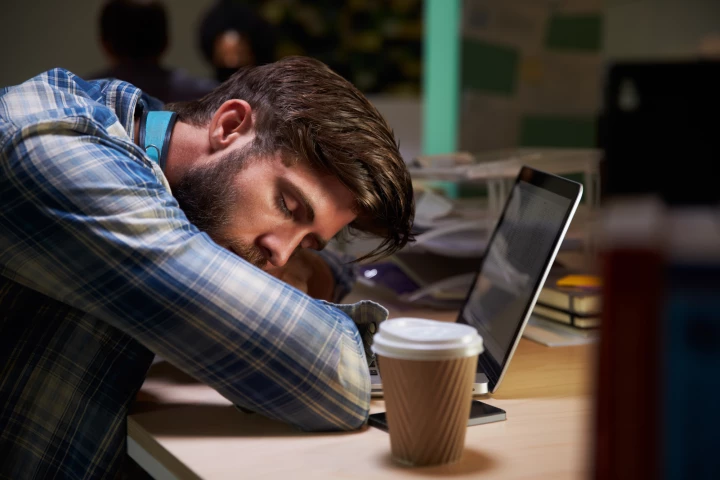Night
-
The EDC market is pretty crowded. Manufacturers are always looking for ways to let us take a little more light along on our outdoor adventures, and Imalent is betting on a portable charging case that wraps around its small but powerful EDC light.
-
A pair of night-vision glasses would change the way we navigate the late hours, from driving to walking home in the dark. This vision is nearer to reality, as researchers simplify how light is processed, trading bulky lenses for cling-wrap-thin film.
-
A study has determined which snoozing strategy - no naps, one long nap, or two shorter ones - is best for avoiding drowsiness and fatigue when staying up all night. The results may be as helpful to shift workers as they are to new parents.
-
The majesty of the Milky Way shines away from the city. Travel blog Capture the Atlas has unveiled the latest edition of its annual Milky Way Photographer of the Year collection, showcasing stunning shots of our incredibly photogenic home galaxy.
-
A new study testing smartphone night modes that eliminate blue light wavelengths is suggesting they make no difference to overall sleep outcomes and the only way to improve sleep at all is to completely abstain from screen use before going to bed.
-
Research has found night shift work can alter the expression of tumor-related genes making one more vulnerable to the DNA damage the leads to cancer, building on a growing understanding of the role circadian rhythms play in our DNA repair processes.
-
A detailed study has offered new insight into how disrupting circadian rhythms can promote tumor growth. The research also suggests that the efficacy of cancer therapies can be improved by more specifically timing the administration of certain drugs to a patient’s particular circadian rhythm.
-
How does human activity impact the creatures we currently share the planet with? A new study has found that mammals across the globe are increasingly turning nocturnal, in a bid to avoid contact with us pesky humans.
-
New research has studied how protein levels in human blood can vary over a 24-hour period depending on when a person is sleeping and eating. The striking results found that when a person stays up all night, the patterns of over 100 different proteins in the blood are disrupted.
-
If you're thinking that it seems a little less dark at night … well, you might not be imagining things. According to a new study led by Dr. Christopher Kyba of the German Research Center for Geoscience, Earth's artificially lit outdoor areas grew by 2.2 percent per year from 2012 to 2016.
-
When a child is suffering from disturbed sleep, the whole family suffers along with them. Lully is a new device to prevent the night terrors that plague so many young children, and it comprises nothing but a vibrating pod and companion smartphone app.
-
A new crowdsourcing initiative is calling upon the public to help catalog the ever increasing library of stunning images snapped of our planet, and more importantly its cities, at night from the International Space Station (ISS).











